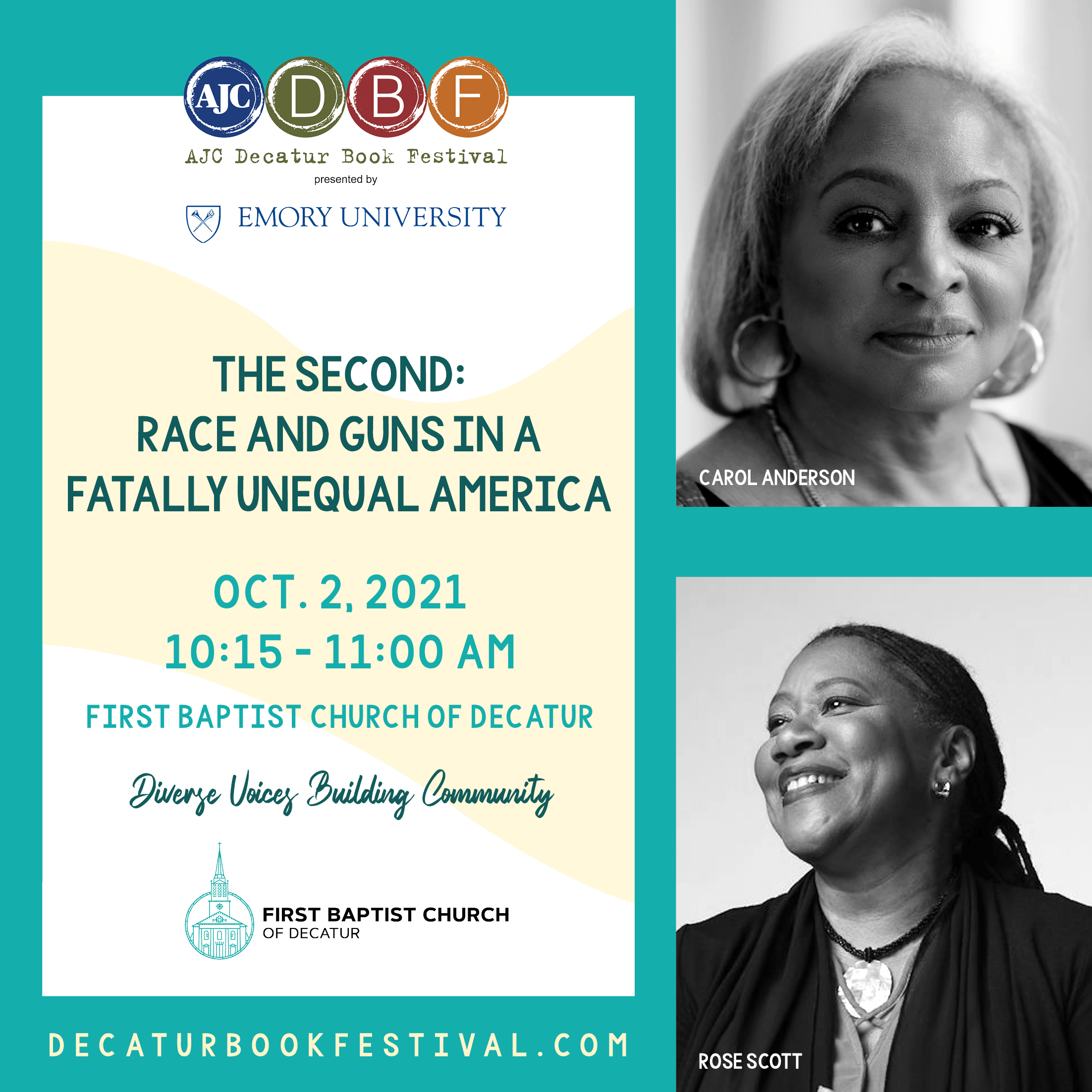
In July 2021 the Emory History Department welcomed Dr. Malinda Maynor Lowery, a historian and documentary film producer and member of the Lumbee Tribe of North Carolina. Dr. Lowery joins Emory as Cahoon Family Professor of American History. In the latest installment of our “Welcoming New Faculty” series, Dr. Lowery offers a glimpse into her research and teaching along with the factors that drew her to Emory.
Tell us about the focus of your research and principal current project.
I have a longstanding interest in collaborations using methods like oral history and documentary film; working with people to elevate narratives and events that are underappreciated but explain a great deal about our contemporary society has guided me through many projects. Right now I’m working on two projects. One is a media experience for a museum that focuses on the foundational role racial stereotypes have played in American entertainment. Combined with displaying objects from the museum’s collection, we are juxtaposing found footage from stand up comedy, television, film, and historical images and audio to reveal the ways that comedy both reinforces and refutes stereotypes. My other major project involves a book of essays on the shared history of Black and Indigenous Americans. Its premise is that violence and erasure are ongoing features of the United States, but Black and Indigenous Americans have been challenging and repairing that harm since the harm began. The essays are written with particular attention paid to the ways in which these communities constructed narratives of origin, wealth, and law to effectively combat assaults on sovereignty and independence. I’m writing with a sense of urgency—the US has enormous capacity to address the crises of our time, in particular climate change. As we face the prospect of human extinction, American stories that offer paradigms for belonging and possibility are more necessary than ever. Such history is a matter of life and death.
Was there a particularly memorable moment from archival or field research that has had a lasting impact on your work or career?
They come from unexpected places, for sure. My research room is the world, in a way I’m a little bit like an untrained ethnographer and I take my inspiration from everywhere. The book I’m working on now came together the day I learned that George Floyd was born in my home region of southeastern North Carolina. I had been reading, writing, and doing research in questions of race and Indigeneity for years, but that day it dawned on me in a different way. It was no longer just an abstract problem of the discipline that we were telling these stories separately, it was actually nonsensical, it was bad history. It was what an Australian aboriginal scholar, Susan Page, described to me once as a breakthrough concept—once you see it, you can’t unsee it. George Floyd was born in Fayetteville, NC, his family members still live there, only 30 minutes from where my father, uncles, aunts, grandparents, and hundreds of ancestors are buried in the Lumbee homeland. Floyd’s roots are entangled with my own, and in a Lumbee way of thinking, roots are not past, or dead. They are essential for the garden’s continued survival. Like our roots, our history should not a burden. It should be a source of nourishment from which we can continue to hold ourselves accountable to one another.
What sort of courses – undergraduate or graduate – are you most excited to offer at Emory?
I’m teaching a version of the Native American history survey that we are calling “Legal Histories of Native People”—using the law (both Indigenous law and U.S. law) as a throughline to understand a complex and sometimes contradictory history. There are over five hundred federally-recognized Indigenous nations in the United States, each with their own history and culture. Wrapping your mind around it takes a strong organizing principle, and the law helps us achieve that. On the way we read lots of primary sources, a novel, and we focus on gaining skills in research, analysis and argument, including partnerships with terrific people from the Carlos Museum, University Libraries, and the Barkley Debate Program.
What drew you to Emory?
This campus has a demonstrated commitment to reckoning with its history and there is a tremendous opportunity to do that work in partnership with the Muscogee Nation. They are the original owners of this land who produced knowledge in medicine, law, art, and so many other fields, created a language and built a nation here, where our campuses are located. Being a relevant research institution in the 21st century is more than just understanding this as a matter of history. They precede Emory’s contributions in those areas, yes, but they continue to nourish us, as roots nourish a garden.

